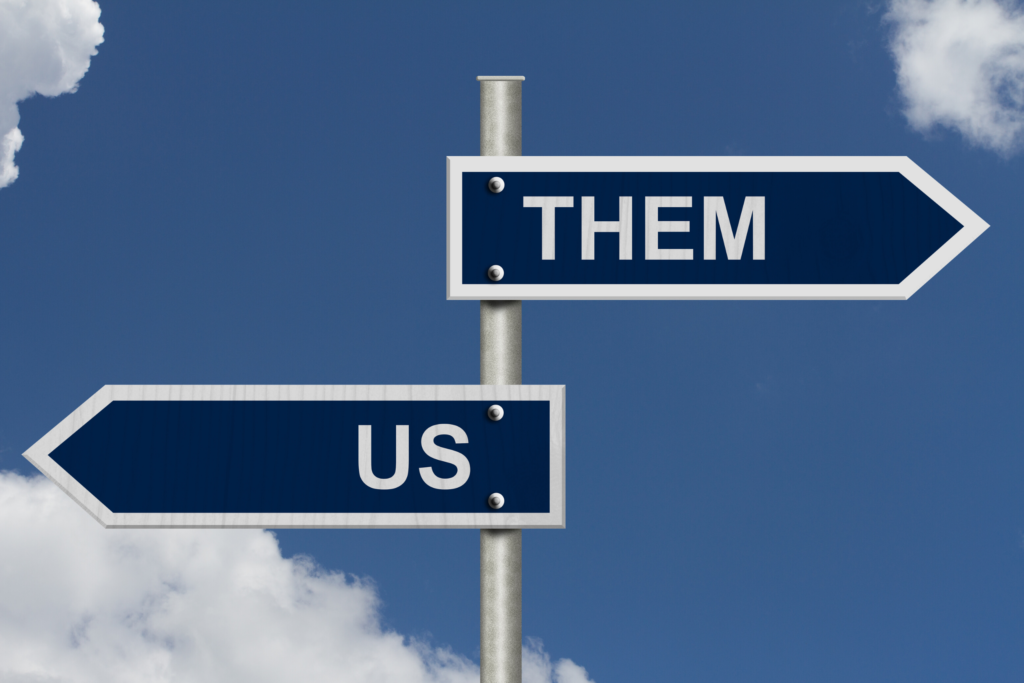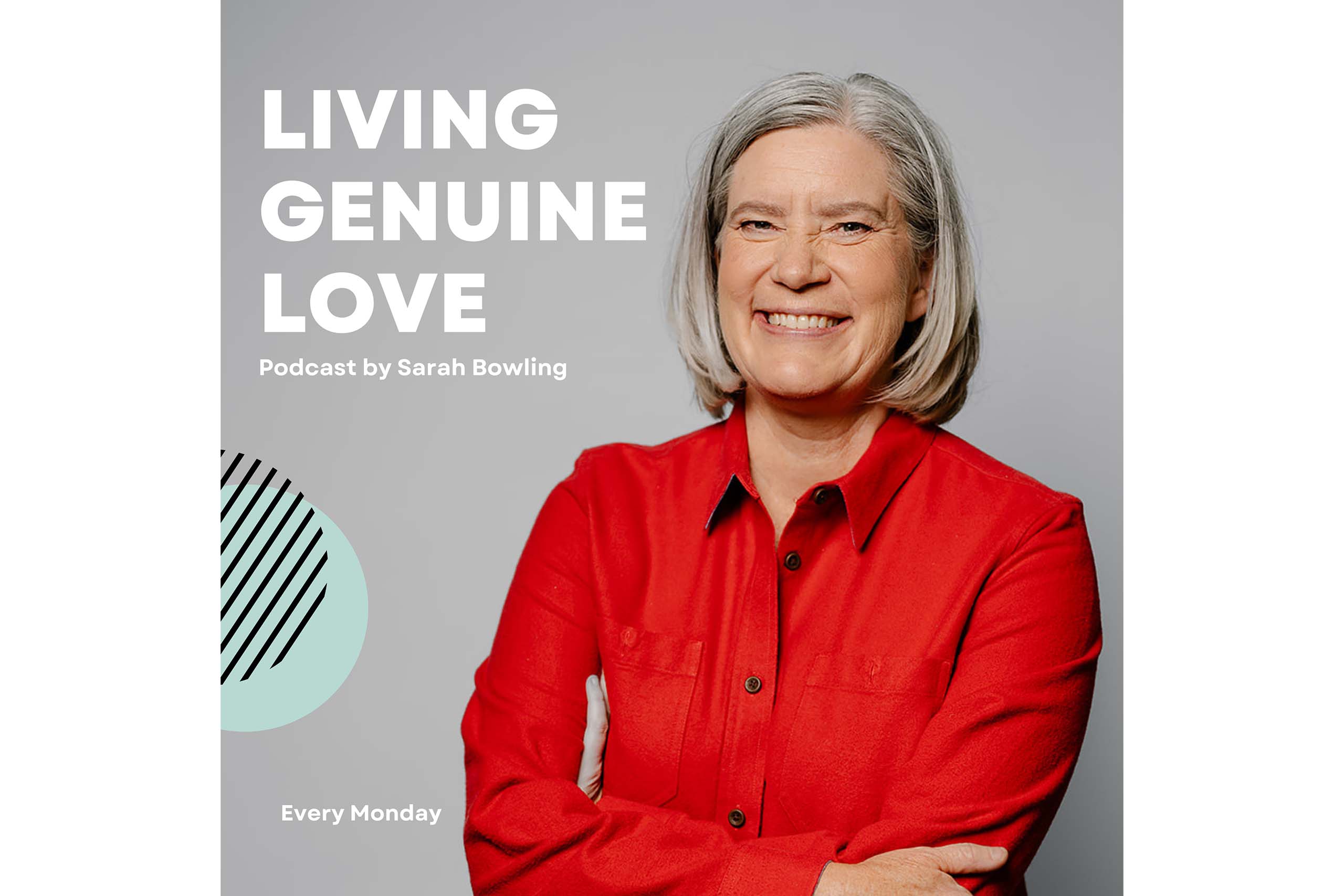How do you feel about wearing face masks? Do you want everyone to wear them to minimize the possible exposure risk to COVID? Do you resent someone telling you to cover half of your face and deal with struggling to breathe through a mask? Does it tick you off that you wear a mask and other people in the grocery store don’t? Or do you think that people who wear masks are over-reacting?
How about the racial stuff that’s overtaken the news headlines in the last few weeks? Are you angry that white people are insensitive and entitled? Are you upset that minorities are speaking out about injustices in police systems or judicial experiences?
Have you ever been to an event where you felt like a fringe spectator or overlooked bystander? Have you been in a situation where you feel less than everyone else? Or maybe you sometimes see yourself as superior because of education, economic resources, social skills, linguistic abilities, or being comfortable in a particular environment.
The whole “us / them” paradigm isn’t anything new to the human experience. There have always been differences and contrasts with groups of people: ethnicities, educational exposure, economic resources, athletic abilities and lots more differences.
These differences are nothing new when I think about Jesus’ interactions. I say this because of the massive amounts of “us / them” that we see in the gospels. These contrasts include:
- Religious versus non-religious folk (Pharisees in contrast to “sinners”)
- Wealthy people versus beggers
- Gentiles versus Jews
- Men versus women
- Jews versus Samaritans
Some of the things I love about Jesus are His inclusive mindset, language, attitudes and behaviors. Where other people saw contrasts and conflicts, Jesus saw opportunities and connections. And maybe the ethnic tension in Jesus’ day was most obvious between the Samaritans and Jews. One group saw themselves as superior while the other group struggled with equality, disdain and rejection.
At one point, the Samaritans rejected Jesus because He was on His way to Jerusalem, being associated with the Jewish capital. Furthermore, the Jews routinely rejected the Samaritans, being particularly offended with Jesus’ Good Samaritan parable, where a Samaritan was the hero and not the villain.
When I look at Jesus’ actions, conversations and priorities, I see that He loves people, full stop.
He loves the crazy people, demon-possessed and controlled by destructive demonic forces, irrational and erratic, as seen in Mark 5. Jesus loves religious people, sitting down with Nicodemus at nighttime for a personal and intimate conversation to discuss theology. But more importantly, Gods loves to reconcile people, as seen in John 3. Jesus loves people who are broken by life, isolating to protect and avoid societal shame and belittling interactions, as seen by His conversation with the Samaritan woman at the well in John 4. Jesus loves those of us who have betrayed Him, choosing to pursue comfort and acceptance rather than identifying with His kingdom and presence, as I look at Jesus’ conversation with Peter in John 22.
Coming to the end of this blog, let me be crystal clear: Jesus doesn’t see separation, contrasts, nor the us / them mentality. Jesus sees you and loves you, full stop. And I pray that Jesus’ love for you also comes through you, regardless of another person’s economic status, religious preference, racial identity, gender struggles, educational access, ethnic background, maturation status, vocational choices or geographical location. Jesus strips away all of these props and filters because Jesus loves you, full stop. May the love of Jesus compel us, shaping our values, conversations, attitudes, interactions and outlook. Genuine love is the greatest vaccine to immunize our human existence from separation, disdain, rejection and hopeless isolation.




2 Responses
Thank you for the encouragement Pastor Sarah
So glad you liked it. Thanks for commenting!